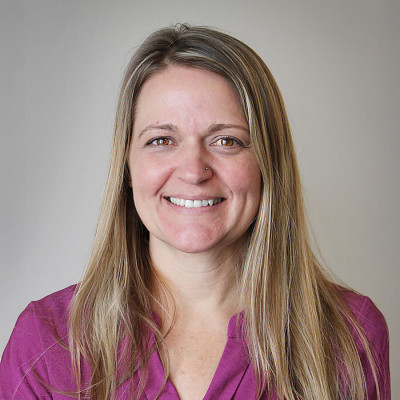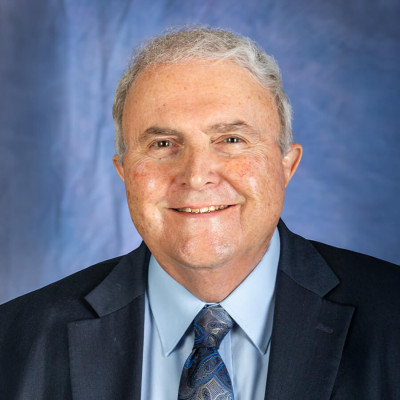Family Assistance Programs
RCIL’s Family Assistance Programs provide families with support & services to assist with enhanced community living. From public benefits and housing assistance to skill-building and health education, we provide essential solutions to help your family thrive.
RCIL advocates guide you through public benefits applications, housing needs, and important independent living skills. We also offer ICAN, a New York State Ombud program, which helps you access Medicaid and long-term home and care services, as well as Public Health Worker for educational presentations on healthy living.
Program Features
RCIL advocates help families access important resources, including:
- Assistance with accessing public benefits (SNAP, Medicaid, Social Security), housing applications, home modifications, and community services that promote independence.
- Develop key skills such as using public transportation, grocery shopping, paying bills, and making appointments.
- Information and Referral (I&R) helps individuals connect with relevant community resources and information.
- ICAN helps individuals with Medicaid Long Term Care Plan (MLTC) enrollment, the application process, and appeals for long-term care or behavioral health services.
- RCIL’s Public Health Worker provides bi-monthly presentations on health and lifestyle topics like healthy eating, managing seasonal mood changes, and using technology for daily tasks.
Who We Serve
- Advocates work with anyone with any type of disability, including a disability perceived by the person requesting the service. There is no need to provide documentation of any medical condition or disability.
- Independent Consumer Advocacy Network (ICAN) eligibility: Must have Medicaid and be eligible for a Medicaid Long Term Care Plan.
- Public Health Worker eligibility: Open to anyone.
Payment Options
- There is no cost for these services.
Contact Family Assistance Programs
Why RCIL
RCIL is dedicated to fostering an accessible and inclusive society where individuals with disabilities can fully participate in every aspect of life. Through partnerships, education, and personalized support, we make sure that every voice is heard and valued in their community. Together, we empower individuals with disabilities, veterans, caregivers, and families by connecting them to essential resources and supporting their journey for a happier, healthier life.
Full Access
Innovation
Determination
Integration
Support
Encouragement
Creativity
Empowerment
FAQs
Do RCIL advocates help children?
An advocate can assist with filing an application for Social Security benefits for your child, and they can advocate for your child at school or in the community. However, depending on your child’s disability, they may qualify for specialized advocacy. Your local RCIL office can assist in determining what type of advocacy they need.
Can you assist if I am at least eighteen (18) years old, have established eligibility for OPWDD services, and am able to live independently, and need rental assistance?
Staff can work with you and your Care Manager, if you have one, to assist you through this process.
I am looking for assistance in being reimbursed or for payment for recreation activity/program/equipment for my son/daughter who has a developmental disability.
Staff can work with you and your Care Manager, if you have one, to assist you through this process and identify items that can be purchased for your home.
What items are allowable for my son/daughter with a developmental disability to be approved for purchasing or reimbursement?
Staff can assist you and your Care Manager, if you have one, through this process as well as provide you with a current listing of Allowable and Non-Allowable Items through Family Support Services.
Is there funding available that can provide relief for me as a parent of an individual who has established eligibility for OPWDD services?
Staff can assist you and your Care Manager, if you have one, through the application process for Family Support Services (FSS). There is no age limit for FSS as long as the individual resides at home with the family or caregiver.




